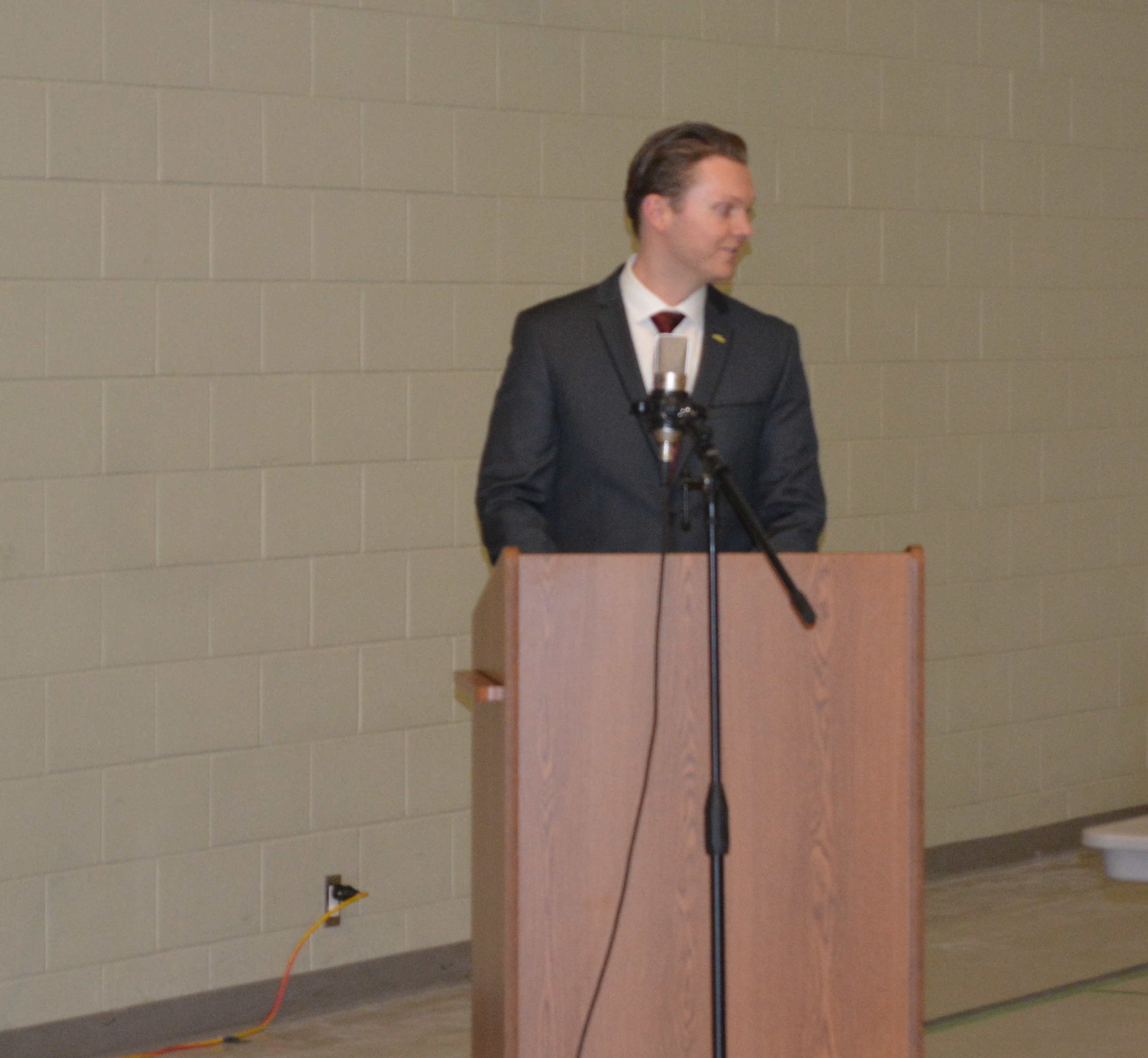Hastings Highlands residents may not be paying any more or less in municipal taxes this year.
That’s according to Treasurer David Stewart, who presented information about the 2018 draft operating budget during a special council meeting held this evening at the Hastings Highlands Centre.
Stewart pitched the idea of keeping municipal taxes at just under $1,400 this year for the average property assessed at $188,000. He says this is possible because of growth and an increase in provincial funding, which can be put towards the cost of services. Stewart says the municipality will be getting $128,000 more this year because of an increase in municipal property assessments.
Stewart says the municipality will also be getting $320,500 from the Ontario Municipal Partnership Fund.
The municipality’s draft 2018 budget sits at just under $9.5-million. The biggest expense for the municipality is transportation services, which includes road and bridge maintenance and repairs. This portion makes up 38 per cent of the total budget. The municipality’s debt is also forecasted to be just over $2-million by the end of this year.
Mayor Vivian Bloom says council and staff have done an awesome job working on the budget, and have been very mindful of what people spend on taxes. While taxes are not expected to go up this year, Stewart says that may not always be the case moving forward. He says staff will work with council to plan for what’s best for the future of the municipality.
Council will hold a special meeting at 1:00pm on Wendesday to decide on whether or not it will approve the budget.
However, if you do notice that your taxes have gone up after that, Stewart says it could be because of the Hastings County or school board budgets, which have yet to be approved. Mayor Bloom says she is afraid that increases to the county portion of your tax bill will be higher-than-normal because of changes to provincial legislations, along with increased costs for services.


